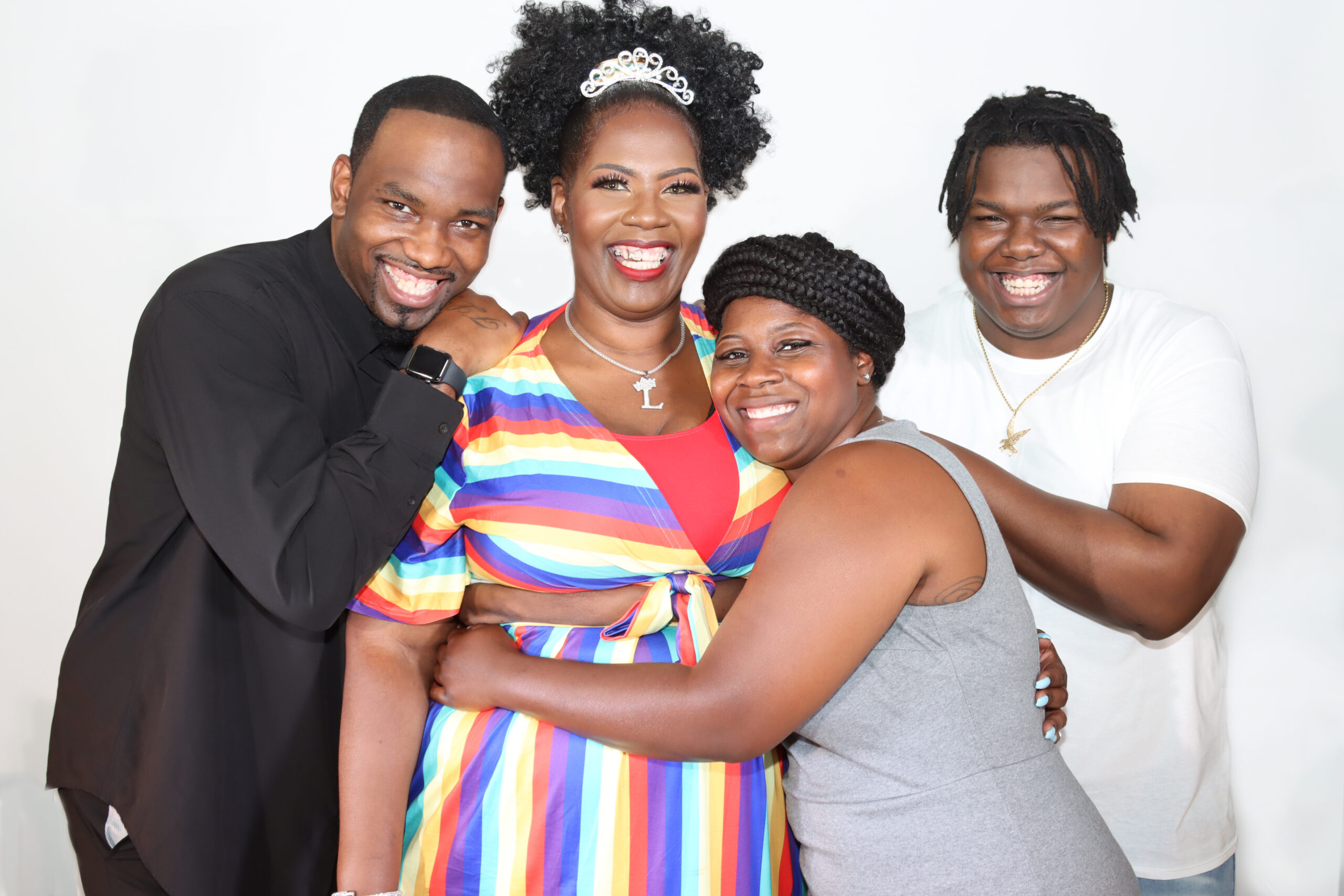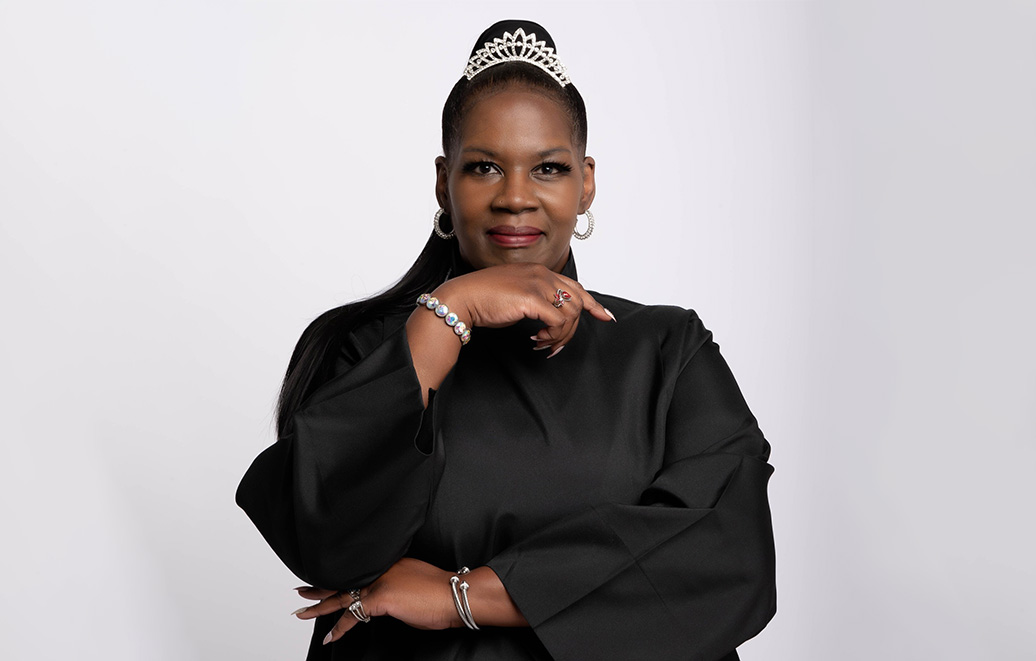I had a difficult adolescence and by the time I reached adulthood I was deeply addicted to drugs. I lost a son to medical complications as a result. Thankfully my other children were born healthy, but I continued to use all the same. While pregnant with my youngest child, Joquan, I was tested for both drugs and HIV. The results came back positive for both. My life would never be the same. The doctor said that if I took the right medicine there was a chance my son would be born HIV negative, and, thank God, he was. However, a judge came to a decision and five days later ACS staff came and removed my three kids.
The children were placed in kinship care with my grandma, their great grandma. The care was overseen by JCCA. At first I wanted to blame JCCA and ACS. I was upset and angry––how could I not be? In my mind, they’d taken my kids from me. But I soon realized how family-focused their approach was. They truly listened to my grandma, and they helped me get into an outpatient treatment program so I could be around my kids while trying to get clean. We put our arrangement in ink: my recovery would be supervised by regular urine tests, and I’d get a few hours every week to visit with my kids in the JCCA office. These visits were joyful occasions and I credit my grandma for having a great attitude about it.
I’d been on the treadmill of addiction for so long and lost so much because of it. In a moment of curiosity I wondered what would happen if I gave recovery a real shot. So I stuck to the plan: I went to NA meetings and got my forms signed. I met other people who’d been through the same things. I listened to them tell their stories. I saw that it was possible to make it to the other side. I realized I wasn’t crazy––I had a disease. When one day I heard someone tell a story about having HIV I felt suddenly free. I was no longer alone but connected to a community. As I turned out, I never used drugs again.

Latonya with her grown children today
Around this time, JCCA was offering parent support groups and asked me to participate. They wanted someone who’d been in the same shoes as the parents in the group, who were mostly new to the child welfare system. I could give first-hand advice on how to make it through. After doing this for a year, JCCA received a grant to create a parent advocate program and they offered me a job. I was excited but also scared; I’d been on public assistance my whole life and full-time employment was unfamiliar territory. They held that position open for me for six months before I finally worked up the nerve to accept it. The pieces of my life were fitting together in a new way: I had my kids back, I had a job that made use of everything I’d been through. I knew I couldn’t go back to my old life.
Remember, at this point I had no diploma or previous work experience. JCCA encouraged me to get a degree. I enrolled in a dual GED/college program and struggled so much that I withdrew in tears. However, I found the courage the give it another try and went back to school on the weekends. I obtained the GED in 2000 and celebrated with the agency. The social workers had become my friends. They knew what I’d been through.
By 2007 I began to realize another dream, one that had been building in me for years. I started a 501c3 called Training Individuals Make Better Attitudes. I was proof of that. I’d become a better person, a better mom. The aim of the organization was to help parents navigate the child welfare system. I wanted to meet parents before they interacted with the system. We were the first organization I know of to develop an HIV disclosure workshop. We put participants in the shoes of someone who is HIV positive. We taught people how to talk about the subject and how to support someone who is positive. 15 years later, the organization is still going strong, having received a number of contracts from the City and discretionary funding from the City Council.
Given everything that happened to me, I’ve done things that I never would have thought possible. I even published a book telling my story, No Matter What. JCCA has been instrumental in my progress. Everything I learned I learned with their support. They saw something in me I didn’t see in myself. They could easily have just looked at me as a helpless addict and treated me as such. But they didn’t, and my life was transformed because of it.
